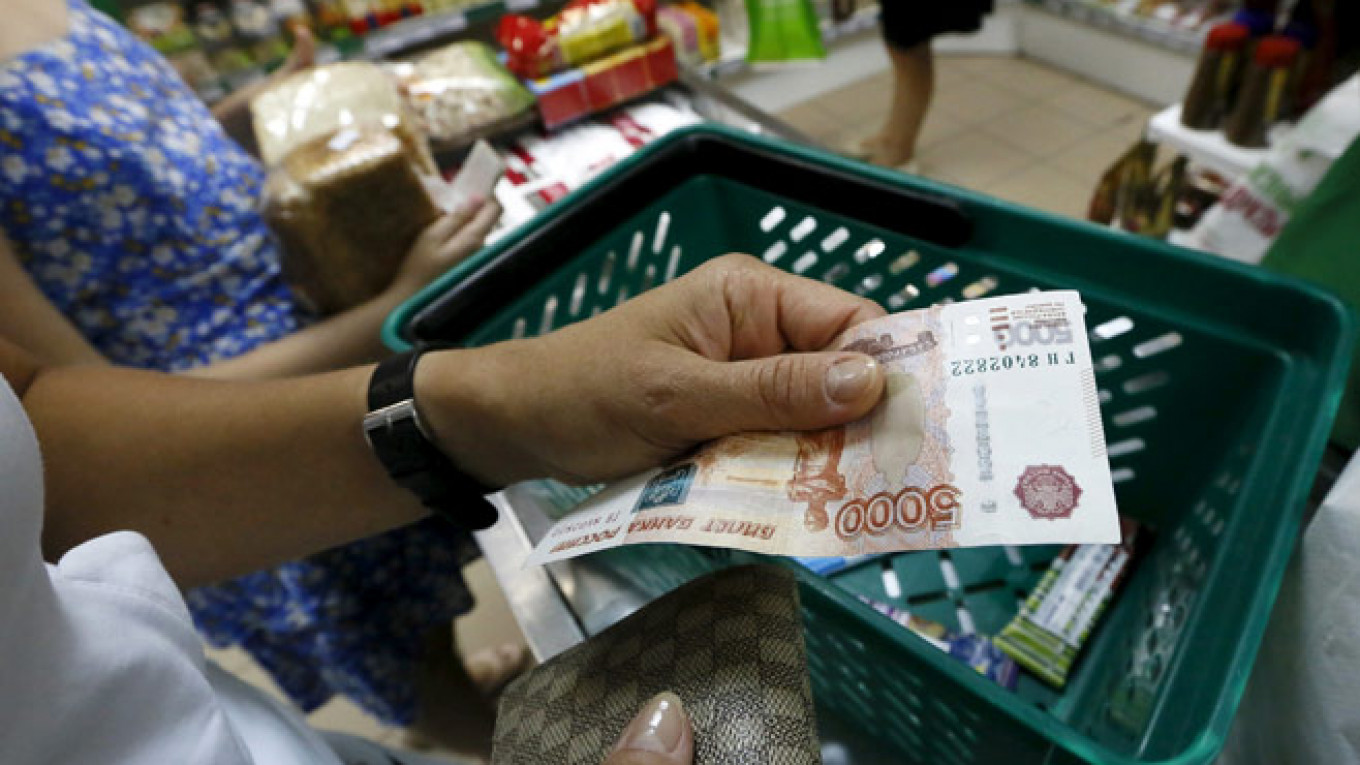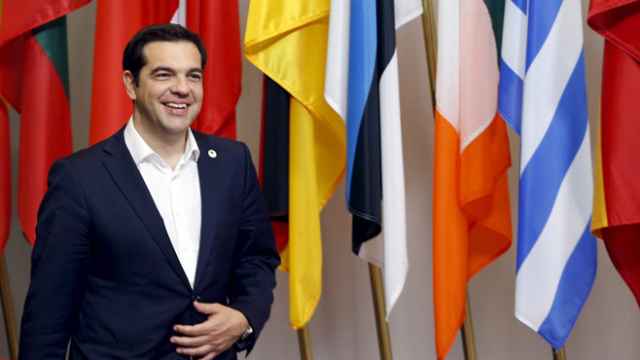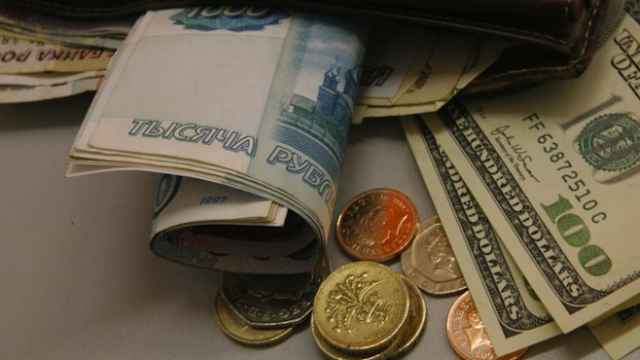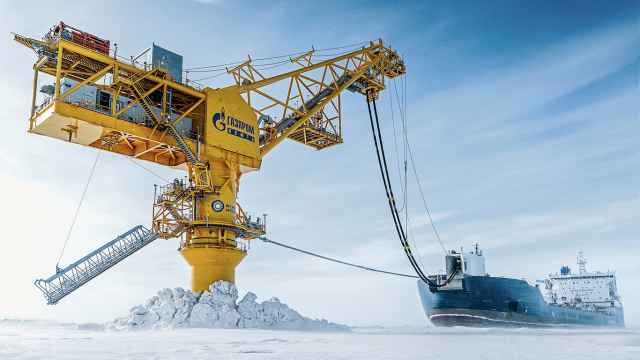In recent times, many have been drawing comparisons between Russia today and at the end of the Soviet Union in reference to a wide range of circumstances. One commentator sees the similarity in announcements from government ministers, another in the ever-increasing interference by security forces in the lives of others.
2015 reminds an economist of 1990, when the economic sphere was a theater of the absurd: what the country's leaders were saying seemed completely disconnected with what was happening with the country's economy, and their actions seemed intended to hasten catastrophe.
As is so well documented in Yegor Gaidar's "Collapse of an Empire," that theater of the absurd was in evidence not only on the newspaper page, but in internal government documents, demonstrating the surprising depths to which this lack of understanding extended.
Similarly, what the Russian leadership is saying today about the economy is a constant source of surprise. The prime minister, deputy prime minister, and heads of ministries discuss "import substitution," a fantastic concept created during last year's propaganda frenzy.
The beneficiaries of this concept are few in number — owners of companies producing goods now protected by import barriers against competition. They benefit no matter what, as long as the restrictions remain in place.
Their position is understandable; every day of "import substitution" puts more money in their pockets. (Note that there is no talk of increased salary growth in protected industries, meaning all the benefit is going to the company owners alone.)
At the same time, Russian citizens, especially poor ones, have already suffered a great deal. Rising food prices have forced them to reduce spending on food, and on everything else.
But that's not my main point — it has already been written about 100 times — but rather what the government continues to discuss, and, judging by their destruction of banned goods, act upon: the idea that full-on import substitution is even possible. Maybe it would be, if consumption returned to a Soviet level.
Or discussions about when the decline of the Russian economy, now in its third quarter, will "hit bottom." The recession that began in 1990 "hit bottom" seven years later. The Russian economy in 2015 is, of course, fundamentally healthier than it was in 1990, and a catastrophe like that of 1990 can be avoided. But "can be" doesn't mean "can be without doing anything."
We need to remove counter-sanctions, start talks that will let Russian firms and banks back on to financial markets, and get rid of corrupt government officials — and these are only the urgent, immediate measures.
Later, privatization will be necessary, as well as a reduction in the regulatory load, law enforcement reforms, etc., to instigate economic growth.
Otherwise, in the current situation, "reaching a new low" sounds optimistic.
The economy was stagnating in 2012-2014, and the recession going on now, the result of the "events of 2014," is simply a smooth transition to a new stagnation, lower in terms of production and consumption.
Konstantin Sonin, a columnist for Vedomosti, is professor of economics at the University of Chicago and the Higher School of Economics in Moscow.
A Message from The Moscow Times:
Dear readers,
We are facing unprecedented challenges. Russia's Prosecutor General's Office has designated The Moscow Times as an "undesirable" organization, criminalizing our work and putting our staff at risk of prosecution. This follows our earlier unjust labeling as a "foreign agent."
These actions are direct attempts to silence independent journalism in Russia. The authorities claim our work "discredits the decisions of the Russian leadership." We see things differently: we strive to provide accurate, unbiased reporting on Russia.
We, the journalists of The Moscow Times, refuse to be silenced. But to continue our work, we need your help.
Your support, no matter how small, makes a world of difference. If you can, please support us monthly starting from just $2. It's quick to set up, and every contribution makes a significant impact.
By supporting The Moscow Times, you're defending open, independent journalism in the face of repression. Thank you for standing with us.
Remind me later.






